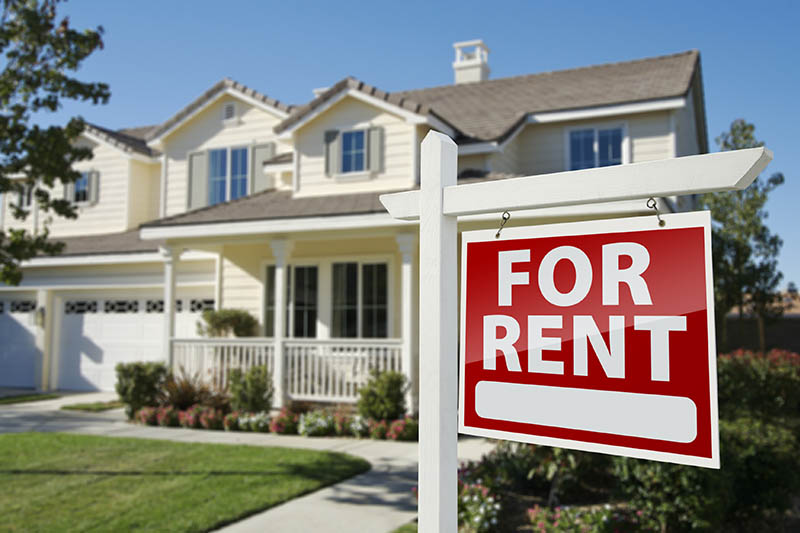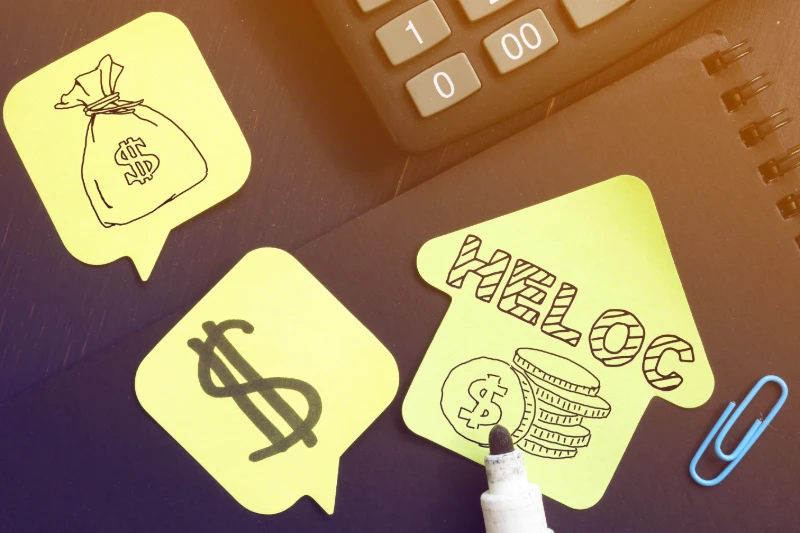As the New Year approaches, many people set resolutions to achieve major life goals—and buying…
How the COVID-19 Pandemic Impacts Renters

The recent coronavirus global pandemic has had widespread impacts to society in the United States. As Americans face new worries about their health and welfare, many have experienced job loss or income reduction as a result of social distancing measure implemented to combat the virus. If you have been financially impacted and find yourself unable to pay rent, you may be able to take advantage of relief measures specific to home renters.
Federal and State Guidance
The Federal legislation passed in late March to help Americans with the financial ramifications of stay-at-home orders and business shutdowns, the CARES Act, provides protection from eviction for 120 days for those in federal housing. This includes waiving late fees or other penalties for late rent.
Rent assistance is also available in some cases, with funds coming from the CARES Act legislation. Stimulus checks for each American (with additional money for families with children) can also be used to help pay rent or other expenses. These funds are starting to come via direct deposit to help offset lost income.
Some private landlords do not fall under the CARES Act but many states have passes similar legislation that applies to all eviction processes. The length of eviction relief varies by state, so it’s important to check guidelines in your local area.
Life after Social Distancing
As the government plans for the reopening of the economy, rent relief measures will start to expire. It’s important to understand that rent and eviction relief is not the same as rent forgiveness. Rent owed during this time will be owed at the conclusion of the rent relief. Working with property managers and landlords to develop a payment plan is an important step to maintaining a good relationship as a tenant.



